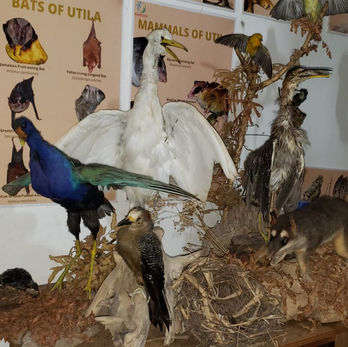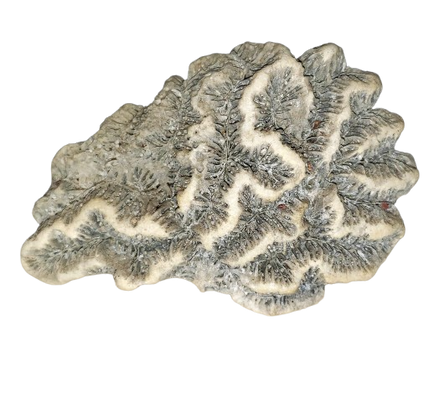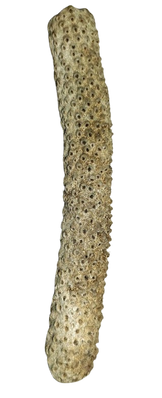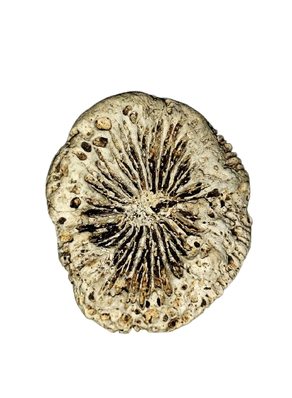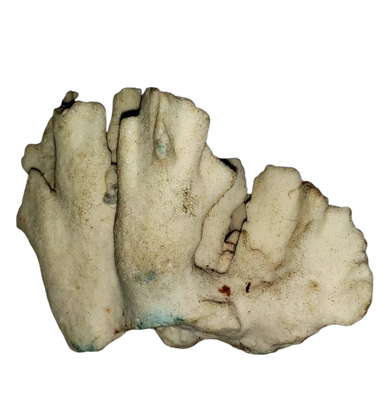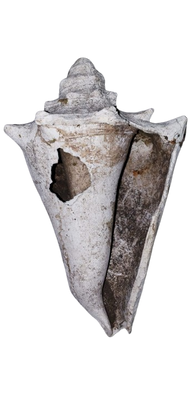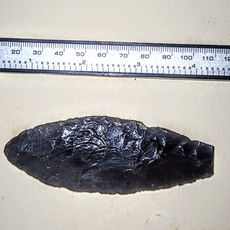WELCOME
Our collection features a wide range of biological specimens and historical artifacts from various time periods on Utila. Take your time and immerse yourself in the rich history and beauty of nature.
.png)
Museum of Natural & Cultural History, Utila Island, Honduras

Explore
Our Virtual Museum Collections
Natural History
Digital museum collections are crucial for preserving natural and cultural heritage and making it accessible to a wider audience
Herpetology Collections
Fifty wet preserved specimens of species on Utila, as well as various dry taxidermy, skulls, bones or voucher skins. Most our voucher specimens were found dead on roads (DOR); all were collected with permission of authorities, ICF. The collection offers insights into the diversity of species occuring on Utila, Honduras. A total of 46 species have been recorded on Utila to date.
Reptiles and Amphibians
Freshwater/Marine Turtles and Crocodile


























Ornithology Collection

Twenty different species of birds are represented in our collections, of which, >75% are migratory species. Birds were collected opportunistically dead on road (DOR), or other circumstances, poor weather conditions, cats, exhaustion during migratory periods etc. Voucher material includes skulls, wet specimens, taxidermies and articulated skeletons, nests, eggs and feathers. Over 100 species are known to Utila.
Taxidermy Specimens










Skulls and Skeletons


















Bat Collection
Fourteen species of bats have also been registered on Utila, of which, we have 8 species vouchers in our collection.








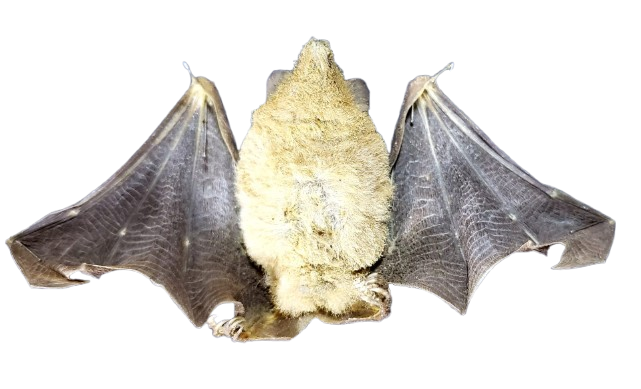











Cetacean
Collections
Six different species of whale and dolphin are so far represented in our collection. Voucher material includes skulls, bones, teeth and articulated skeletons, collected with permissions during our study and attendance to various stranding events on Utila Island, including some materials of public donations.
























.png)







































Marine Biodiversity
Over 50 Specimens
The Bay Islands is a renowned hotspot for marine biodiversity, and we must do all we can to protect it! Education plays an important role in fostering a connection with marine ecosystems. Our collection consists of specimens collected and preserved opportunistically. Sea Shells and Molluscs, Crustacreans, Corals, Fish, Shark, Cephalopods and much more are on display.







